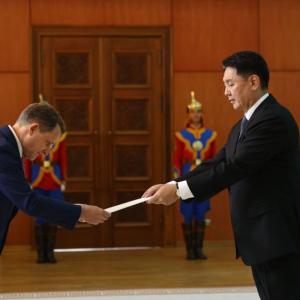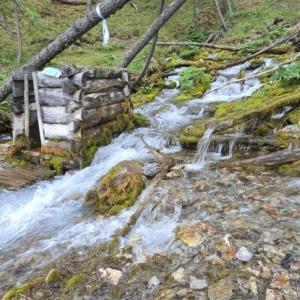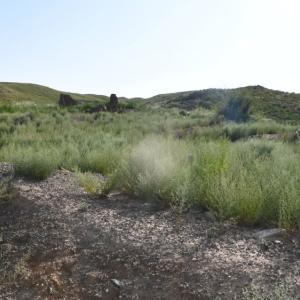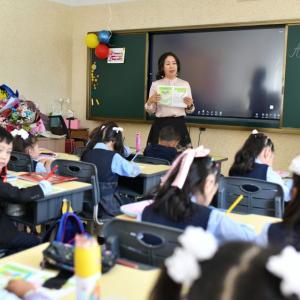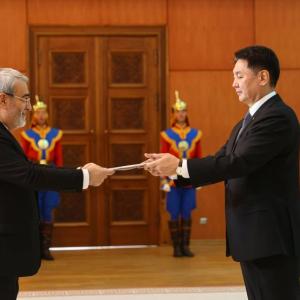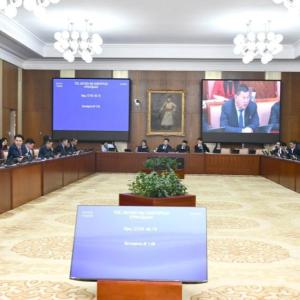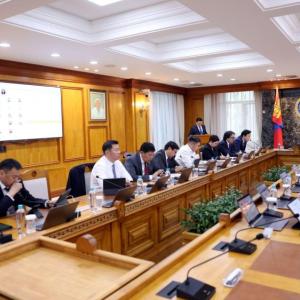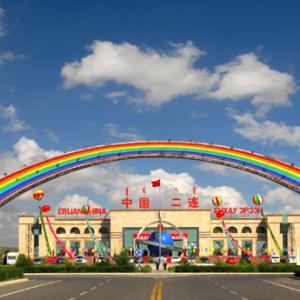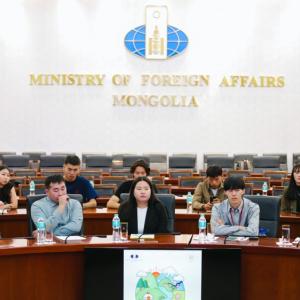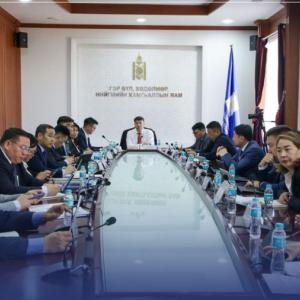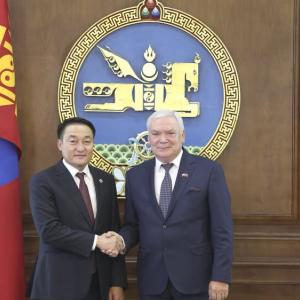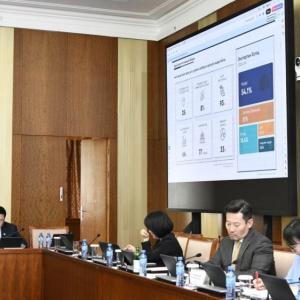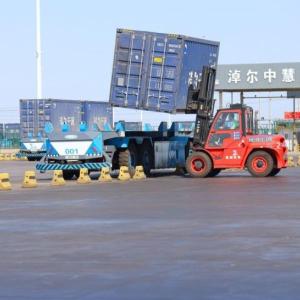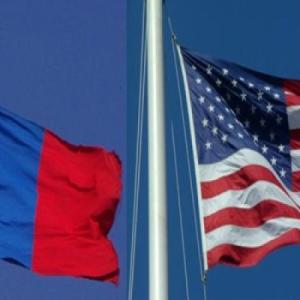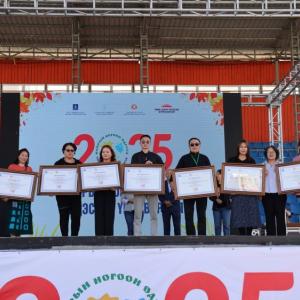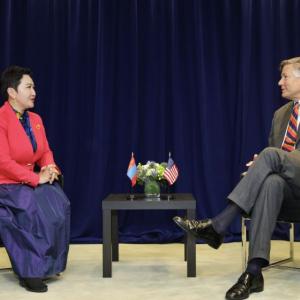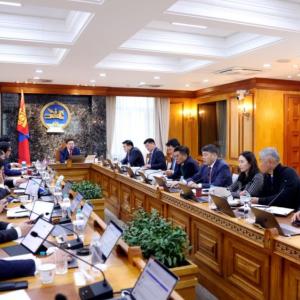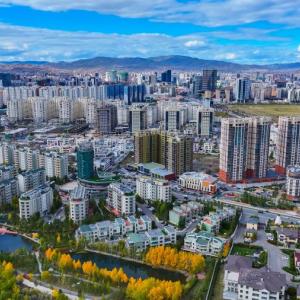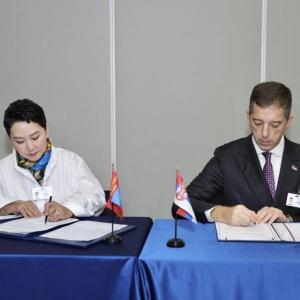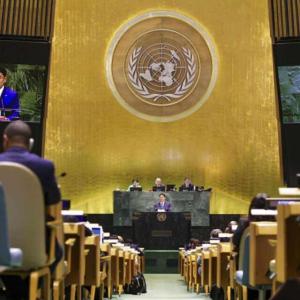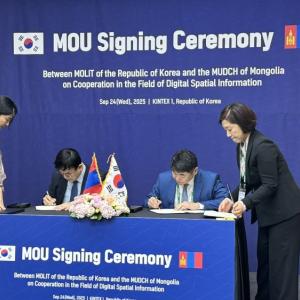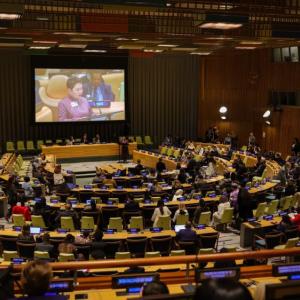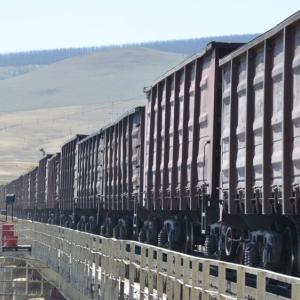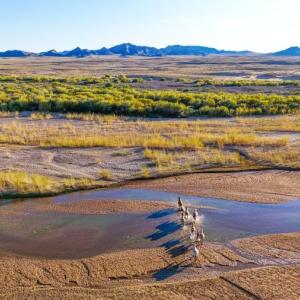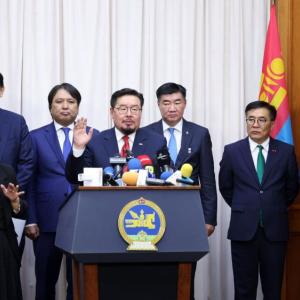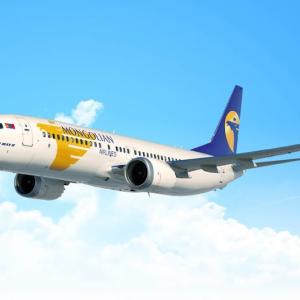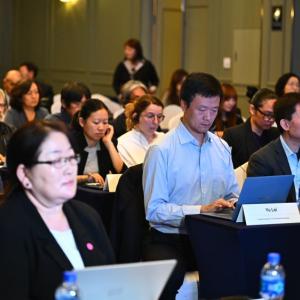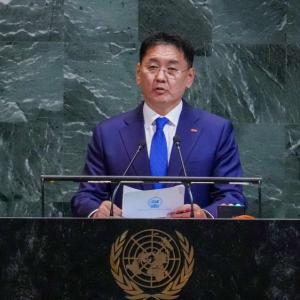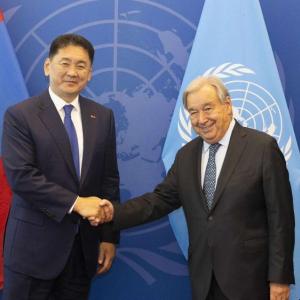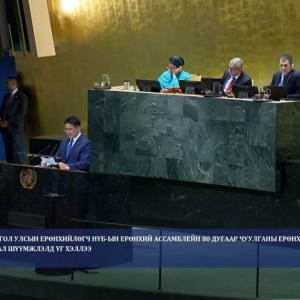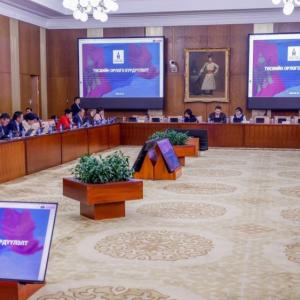Mongolia hosts seminar on maritime SAR safety
SocietyUlaanbaatar /MONTSAME/ Mongolia – for the first time – was the location for a workshop on safety issues for non-conventional vessels supported by the International Maritime Rescue Federation (IMRF).
Increasing waterborne activities on the Mongolian lakes has led to the Mongolian Maritime Administration setting up legislative, preventive and responsive measures intended to raise awareness and get a commitment from all stakeholders.
The meeting was held at Hatgal on the southern end of Lake Khuvsgul which is located in the northwest of Mongolia near the Russian border, at the foot of the eastern Sayan Mountains. It is 1,645 metres (5,397 feet) above sea level, 136 kilometres (85 miles) long and 262 metres (860 feet) deep.
Lake Khuvsgul is the second-most voluminous freshwater lake in Asia, and holds almost 70% of Mongolia’s fresh water and 0.4% of all the fresh water in the world. National tourism continues to grow with the lake receiving 60,000 visitors per day which has resulted in an increase in camping.
“As the area is extremely remote any SAR system needs to be set up primarily on preventive measures and on the principle ‘helping people help themselves’” concluded Captain Fox IMRF Chairman.
Captain Fox made a keynote address on maritime search and rescue operations and set out the role and purpose of the IMRF. He highlighted the importance of considering not only preventing loss of life but also the capacity development of rescuers.
During the seminar comprehensive discussions took place on issues around maritime SAR services and Captain Fox urged the need for special agencies like the Mongolia Maritime Administration and National Emergency Management Agency to foster cooperation through an enhanced partnership.
He also applied lessons learned specifically to the Khuvsgul Lake – part of a protected area which is being developed for tourism.
“This was a tremendous opportunity for the IMRF to understand the challenges faced by the developing maritime search and rescue services in Mongolia and to impart our knowledge about SAR best practice.” Says Bruce Reid, IMRF, CEO.
“We commend the Mongolia Maritime Administration for organising the event and we hope it will lead to a strong relationship moving forward which will enable us to share information about technology, SAR techniques, communication and co-ordination to enable us to save more lives in their waters and elsewhere.”
The IMRF Chairman, Captain Fox suggested the setting up of a regulatory framework by application of internationally recognized standards for licensing boats and boat drivers operating on the lake and the development of standard safety procedures for boat operators including reporting/tracking.
Recommendations also include the setting up of a SAR Safety Net by using mobile VHF on commercially used boats allowing to call each other for assistance/help and the provision of basic safety/first aid courses to locals.
He also recommended the enforcement of safety regulations through permanent presence and the carrying out of audits by MMA officers on the lake during the ice free season.
The two day workshop, held at the beginning of last month, covered a range of issues including the development of maritime and domestic water transportation; the use of water resource as well as current search and rescue activity in the rivers and lakes of Mongolia.
It was held by Mongolia Maritime Administration at Khuvsgul lake in Khuvsgul province of Mongolia and was attended by the representatives from the IMRF, International Maritime Organization (IMO), as well as over 150 participants including representatives from the Ministry of Roads and Transport, Mongolia Maritime Administration, National Emergency Management Agency, Civil Aviation Authority of Mongolia, General Agency for Specialized Inspection, Local government officials and Environmental Protection Agency, reports the International Maritime Rescue Federation (IMRF).

 Ulaanbaatar
Ulaanbaatar
